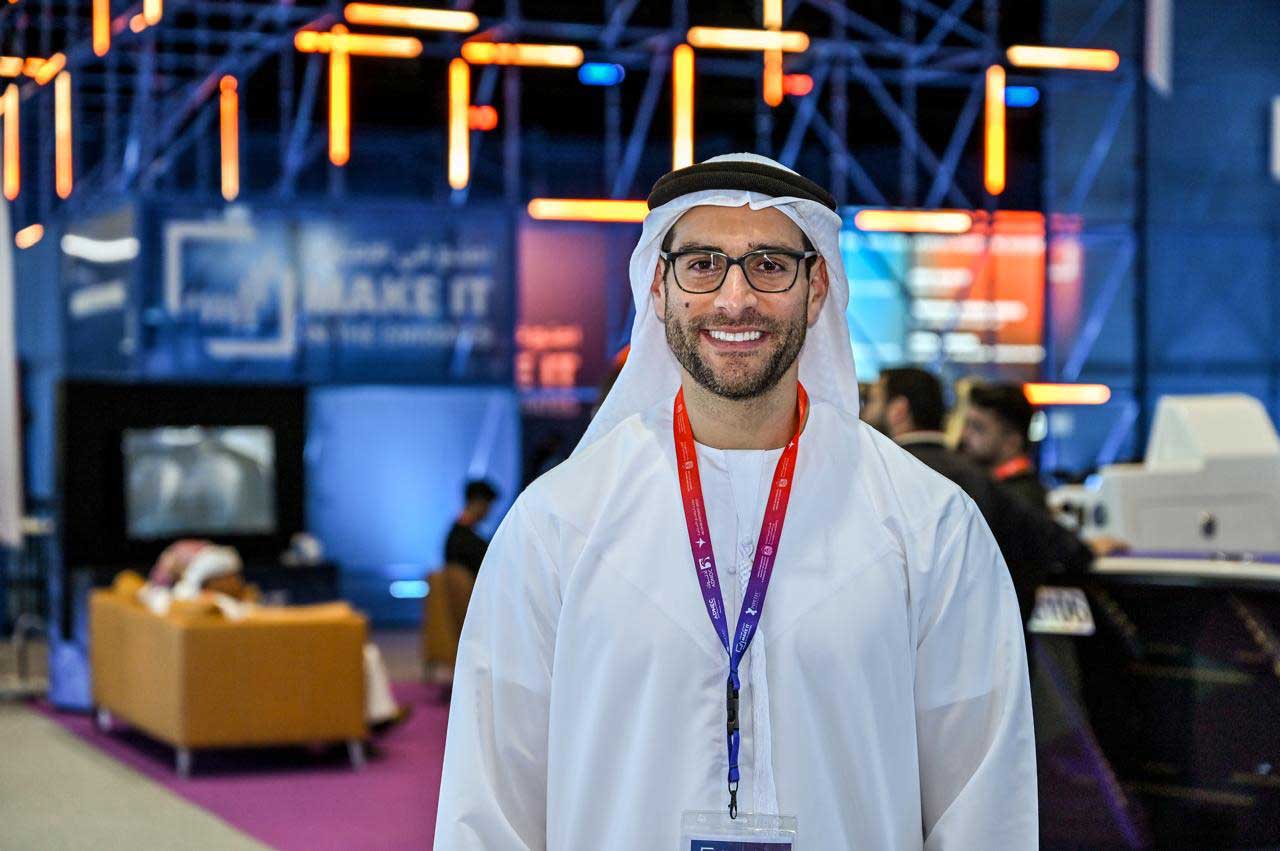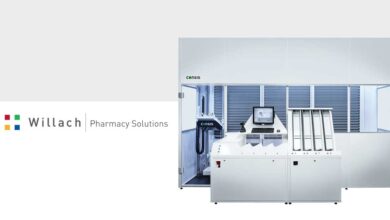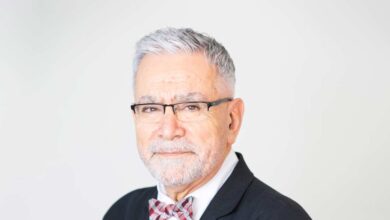T Cell Therapy: A Pioneering Step for the Middle East Toward a Cancer Treatment Revolution
By Dr. Ajlan Al Zaki, Director of Burjeel Hematology Oncology & Cellular Therapy Center

As the world witnesses a peak in biomedical innovation, T cell therapy (CAR-T) is emerging as one of the most promising medical breakthroughs in the fight against hard-to-treat cancers. For the first time, the Middle East is not merely a recipient of these technologies but is becoming an active contributor in their development and application marking a historic milestone in the region’s healthcare journey.
Chimeric Antigen Receptor T-cell therapy involves genetically modifying a patient’s own immune cells to precisely recognize and destroy cancer cells. These cells are engineered outside the body, then reinfused into the patient to wage an internal battle against the tumor with a potency far exceeding conventional therapies.
This treatment has shown remarkable success in acute leukemia and lymphoma, even in advanced stages where other treatments have failed. Today, we are beginning to see similar progress in our region.
From Import to Innovation: Local Developments
In the UAE, the Abu Dhabi Stem Cell Center has successfully developed and administered the region’s first CAR-T therapy to a child with leukemia — a scientific and medical first in the Arab world. In Saudi Arabia, King Faisal Specialist Hospital and Research Centre launched a pioneering initiative to locally manufacture CAR-T cells, reducing treatment costs by up to 80%.
These achievements represent more than a leap in medical services; they symbolize a strategic transformation — from full reliance on external providers to establishing medical and technological sovereignty. This paves the way for broader access and future scalability of the treatment.
Hope Amidst Challenges
Despite the promising outlook, major challenges remain. CAR-T therapy is not a simple medical procedure it requires a comprehensive ecosystem: advanced research centers, multidisciplinary teams, and careful management of complex side effects like Cytokine Release Syndrome (CRS). Moreover, funding, knowledge transfer, and the training of local talent are critical pillars for success.
The Middle East’s CAR-T journey is still in its early stages, but initial signs point to a fundamental shift in how we approach cancer. With increasing investment in R&D and stronger collaborations with global scientific institutions, countries in the region can not only provide treatment but also help shape the future of this therapy.
The days of complete dependence on external solutions are over. We are witnessing the birth of a new healthcare landscape one where technology meets humanity, science meets sovereignty, and the patient meets the future. Cancer is no longer a hopeless fight. With CAR-T therapy, hope is closer, wider, and more equitable.
This form of therapy represents a true revolution — not just in clinical outcomes, but in the very concept of treatment: rearming the patient’s own immune system to fight the tumor independently, without sole reliance on chemotherapy or radiation.
What was once limited to elite research centers in the U.S. and Europe is now a reality in the Arab world. Leading medical centers in Saudi Arabia and the UAE have announced the successful local manufacturing of CAR-T cells and used them to treat cases that were once deemed incurable. This is more than a scientific milestone it’s a clear declaration that the region is no longer just a consumer of science, but a producer of it.
Despite all the challenges, I can’t help but look to the future with cautious scientific optimism. We now have a golden opportunity to redefine the cancer treatment landscape in the Middle East. If we succeed in localizing these technologies, we won’t just save lives — we will restore hope to thousands of families burdened by uncertainty.
Investing in minds, training healthcare professionals, and supporting scientific research is not a luxury — it is a necessity. The future will belong to those who can fuse technology with compassion, and scientific precision with deep humanity.
T cells are not the end of the road — they are the beginning of a path toward personalized, precise, and equitable medicine… right in the heart of the Middle East.














